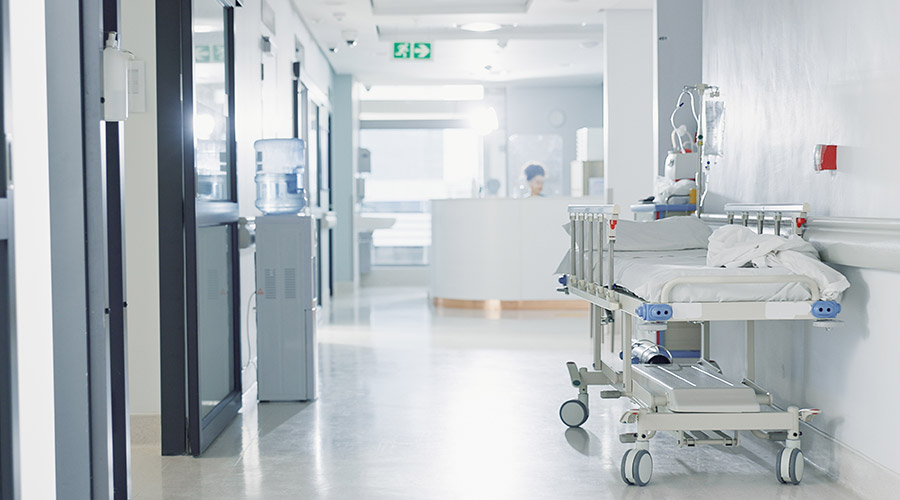Cheltenham-based product design company Duku and intellectual property attorneys Albright IP have been collaborating with Barts Health NHS Trust to produce a revolutionary new medical training device.
The Bartikins ‘Preedy Neck’ looks a bit like a lunchbox, but its simple design hides a practical training device which can be used time and time again. Within the plastic box is a clever manikin mould, complete with a vein and artery, on which medical staff and students can practice inserting a central venous catheter.
Barts Health NHS Trust, the UK’s largest NHS Trust, identified a need for an alternative to the traditional training manikins, which can be prohibitively expensive and, after a few uses, not only suffer from wear and tear but also show up telltale puncture marks. These then offer clues to the trainee that simply wouldn’t be there in a real-life situation.
Barts approached Duku and Albright IP to come up with a cheap and easy solution to the problem, that was also reusable. Their response was a clever design the size of a lunchbox, offering an inexpensive way to produce a new, puncture-free manikin for each candidate to work on.
The box works by acting as a mould into which a gelatin or silicone solution can be poured and left to set, with clips to hold the artificial vein and artery in place. Coffee whitener is mixed with the gelatin to achieve opacity, while pigment can be added to the silicon to make it flesh-coloured.
The result is a lifelike partial manikin on which trainees can perform the entire procedure, including an ultrasound scan. The vein and artery can be filled with artificial blood to make the operation even more realistic.
Duku worked closely with clinical skills tutors and clinicians at Barts to develop and refine multiple prototypes for the innovative new design, which allows medical trainees to practice the ultrasound guided central venous catheter insertion procedure on a puncture-free manakin.
With the design approved, Albright IP provided intellectual property advice, while DUKU sourced a manufacturer in China to ensure an affordable end product.
“Our aim was to give each student a first-puncture experience during training, and we’ve been able to achieve this with a cost effective, re-usable design and ingredients that are readily available and inexpensive. Ultrasound scans work perfectly on the manikins once set, so we can replicate an operation that is as true to life as possible, from start to finish,” says Alex Lee Director at Duku.
Not only does the Bartikins Preedy Neck work in a practical sense as a cost-effective, reusable training device for its own doctors and surgeons, but it also provides them with a new revenue stream as a marketable product that can be sold to health trusts across the UK and beyond.
“Barts Health NHS Trust is delighted that its collaboration with Duku has resulted in this simple solution to what was once an expensive problem,” added Dawn Zucker, Simulation and Essential Clinical Skills Co-ordinator for Barts Health Academy. “We’re really pleased with the solution the team have come up with. Having realistic and cheap devices for our trainees to practise on is so important for any medical training facility. While this cost-effective solution can be reused indefinitely it provides a very realistic manakin for the development of our future health care workers.”
Bartikins understand the day to day usage scenarios of training manikins, and the cost implications associated with them. Its products are designed to address a requirement for cost effective, re-usable medical training devices.
 Healthcare Real Estate: Challenges and Industry Shifts for 2025
Healthcare Real Estate: Challenges and Industry Shifts for 2025 Geisinger to Build $32 Million Cancer Center in Pennsylvania
Geisinger to Build $32 Million Cancer Center in Pennsylvania Sunflower Medical Group Experiences Data Breach
Sunflower Medical Group Experiences Data Breach Strategies to Eradicate Biofilm Containing C. Auris
Strategies to Eradicate Biofilm Containing C. Auris Man Attacks Nurses, Police Officer at Jefferson Hospital
Man Attacks Nurses, Police Officer at Jefferson Hospital